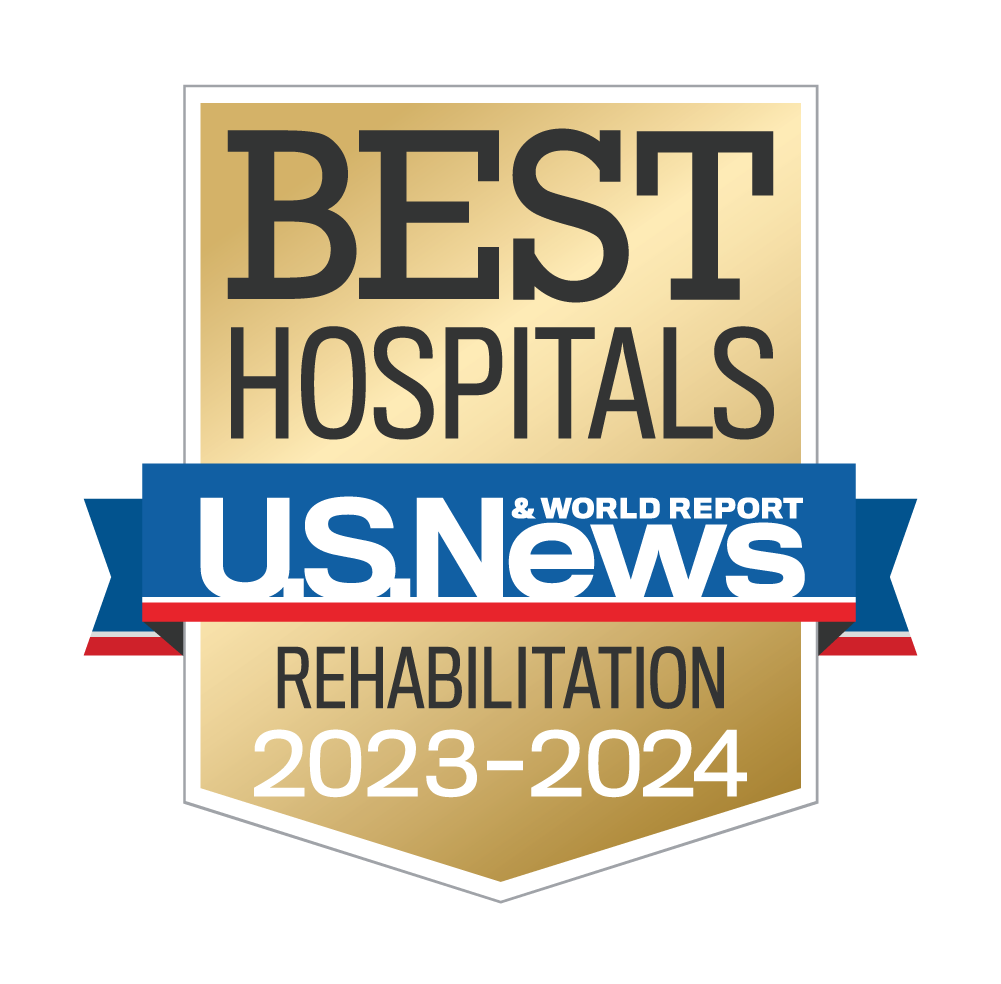From the story on the University of Michigan News Service webpage (read the full story here):
“When we think about disability, we typically think about physical disabilities,” said Donna Omichinski, center coordinator for the U-M Rehabilitation and Engineering Research Center, Technology Increasing Knowledge: Technology Optimizing Choice (TIKTOC RERC).
“There are also invisible disabilities such as hearing impairment or neurodevelopmental disability. Finding ways to adapt and accommodate training within medical professions is not just an issue for doctors with disabilities. This can be an issue for nurses, physical therapists, physician’s assistants, etc. Oftentimes, the environment becomes the factor that limits a person’s function and accessibility, and technology can serve as a bridge to these barriers.”
Fausone is currently piloting the device while Burke and Lorch continue to improve it. In the meantime, she has been seen using a stethoscope that Burke and another engineer, Fred Bayoff, made for her.
Burke and his colleagues received funding from Third Century Initiative Global Challenges grant program to create the force and movement assessing device as part of the larger project “Deep Monitoring.” The grant aims to find solutions to issues that impact communities, such as students, and then transfer solutions for use on a wider, global scale.
The device used to examine a patient’s skin, eyes, ears, nose, throat and mouth is primarily funded by the TIKTOC RERC Small Grant program.
“We see technology as having the potential to help many people but only if it’s developed in such a way that is responsive to the needs of people with various types of disabilities,” said Michelle Meade, director of the TIKTOC RERC. “This project is very exciting because there’s the recognition that the technology is already out there to do this. It just needs to be adapted for Molly and other individuals.”


